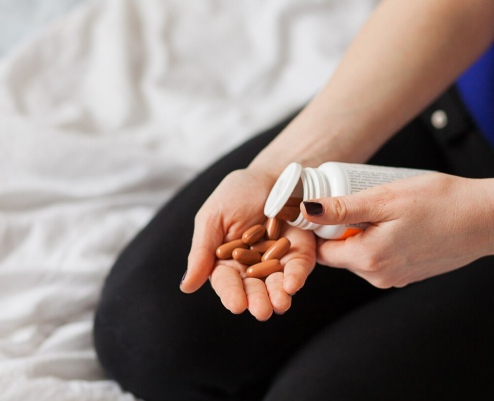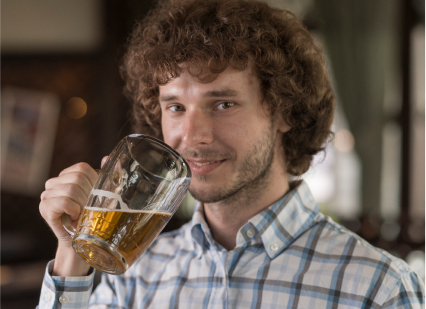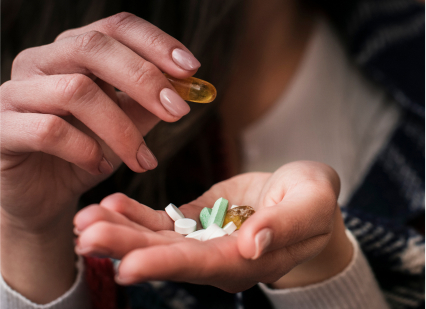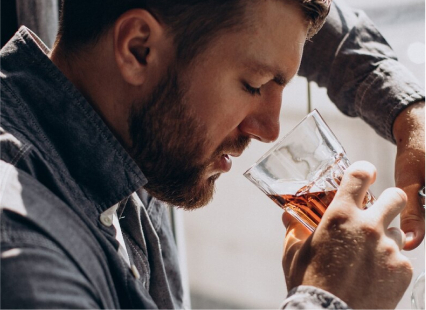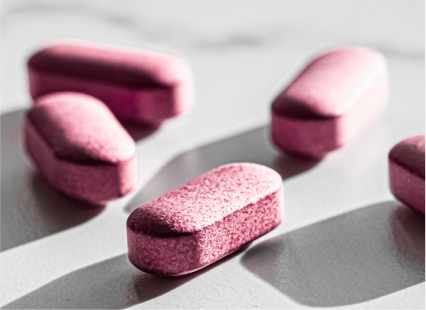Millions of Americans struggle with Alcoholism every year; 14.4 million adults to be exact. As a disease that can lead to various consequences, health-related or otherwise, figuring out how to quit drinking alcohol is critical. There are several approaches and methods to quit drinking: a reality that you may find to be a blessing or a curse. Having multiple options of where to get started can be a bit daunting for some, but can also provide hope for someone who has tried one or two approaches without success. Sometimes a different approach can make all the difference. Other times it is more about diligence and trying again and again until sobriety sticks. All that matters is finding what works for you.
Self-Strategies/Doing it on Your Own
Many people try to get sober on their own, meaning that they do not get help from a professional counselor, doctor, or treatment center. Although this route of recovery does work for some, it is often not the case for people with moderate to severe alcohol use disorders. Individuals who have a strong support system and reliable care at home may be more likely to be successful at self-achieved sobriety. Unfortunately, there are many cases where a self-recovery strategy is not advised. Individuals should consider seeking the help of a professional alcohol rehab program to help them quit drinking if they:
- Are diagnosed with a co-occurring disorder
- Develop withdrawal symptoms
- Have tried getting sober in the past without success
- Do not have a strong support system or a healthy living environment
Alcoholics Anonymous (AA)
Whether someone with an alcohol use disorder seeks the help of professional treatment or not, AA is a program they may utilize to help them through the recovery process. Anyone who has a desire to stop drinking is welcome as a member of AA. In fact, many meetings also allow for loved ones to join in either in support of their loved one who is getting sober, for their own support as a loved one of an addict, or both.
You do not have to be enrolled in a formal treatment program to attend AA meetings, but many treatment programs incorporate AA into their treatment plans.
Although AA does provide a great source of support and accountability, it is somewhat controversial because the group leaders do not need to have any formal training or education. For this reason, it is often recommended to combine AA with a formal recovery program.
An Alcohol Treatment Program
Getting help from an alcohol treatment program provides numerous benefits for someone looking into how to quit drinking. For one, clients have access to professionals who are highly trained and educated in addiction treatment and mental health. These professionals may be able to identify underlying issues that could be contributing to the disease and provide solutions. Additionally, when admitted to a treatment program of any kind, access to various therapies is included. This may include different types of counseling, alternative therapies, and even medications. The options available might vary from one treatment center to another.
Medication-Assisted Treatment (MAT)
There are various medications that health care providers can use to assist a patient who is trying to quit drinking alcohol. The medications available can help in a few different ways including:
- Reducing cravings
- Easing and reducing withdrawal symptoms
- Providing nutrients for a faster and more comfortable detox process
- Managing symptoms of co-occurring disorders
MAT for alcohol addiction is most common during the detox phase of treatment, but can sometimes be utilized during other phases of recovery.
Lifestyle Changes & Quitting Alcohol
When looking into how to quit drinking alcohol, one strategy that everyone should consider is making some lifestyle changes. When your mind, body, and spirit are lifted up, it becomes easier to overcome a disease on every level. However, lifestyle changes take dedication and determination. This includes eating healthier, being more physically active, and making “me time” (ie: self-care). Self-care could look like anything from taking a bubble bath every Sunday evening, committing to seeing a therapist on a regular basis, or taking up a hobby that you have always been interested in.
Not only do these types of changes help your body heal and recover from alcohol dependence, but they also make the mind and body more resilient against relapses and reallocate time to healthier habits and practices. At the end of the day, recovery isn’t just about not drinking, but about how to lead an overall healthier, happier, and better life. So, if you are thinking “how do I quit drinking?”, know that by getting sober you are also working toward better mental and physical wellbeing.
